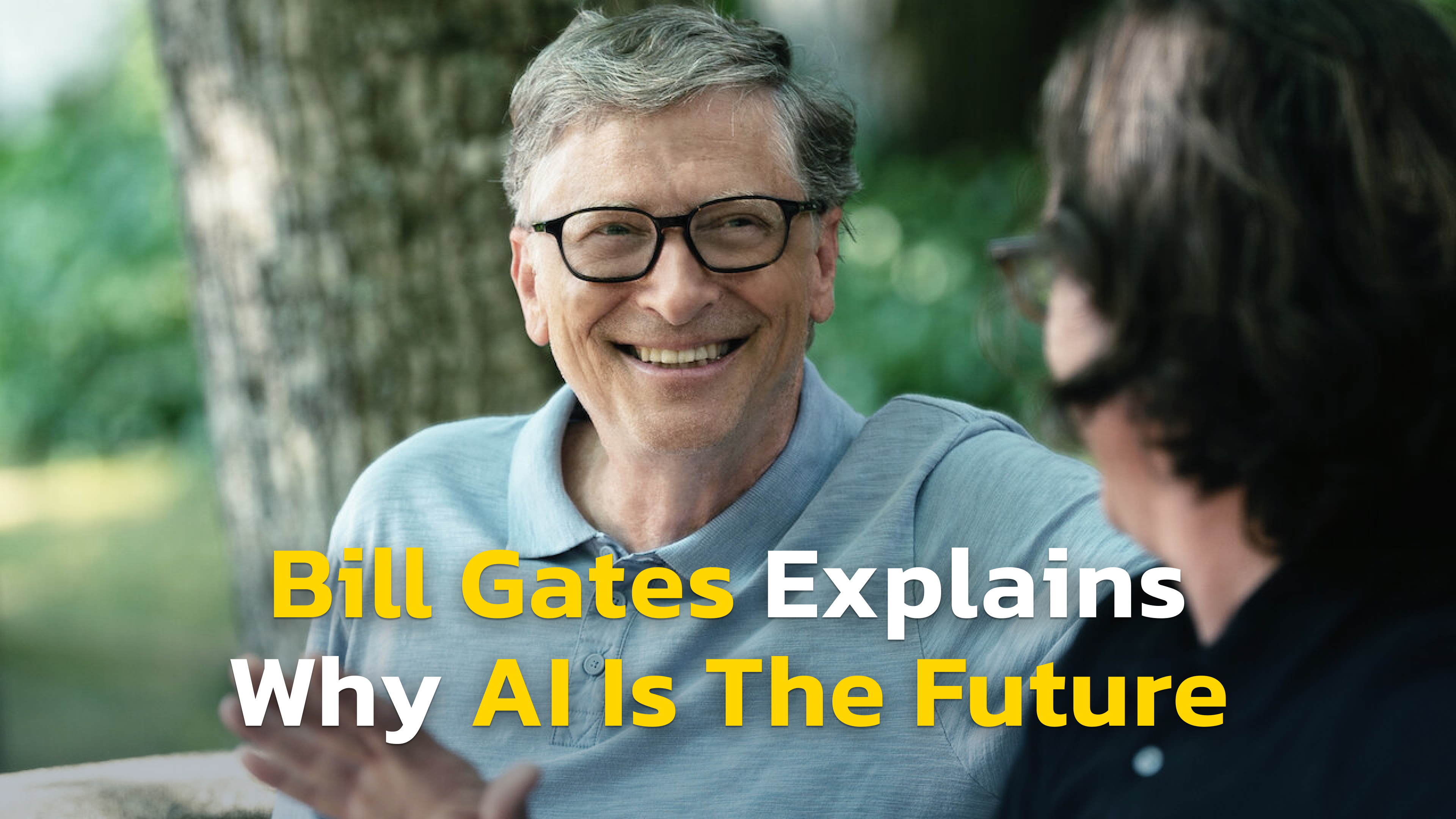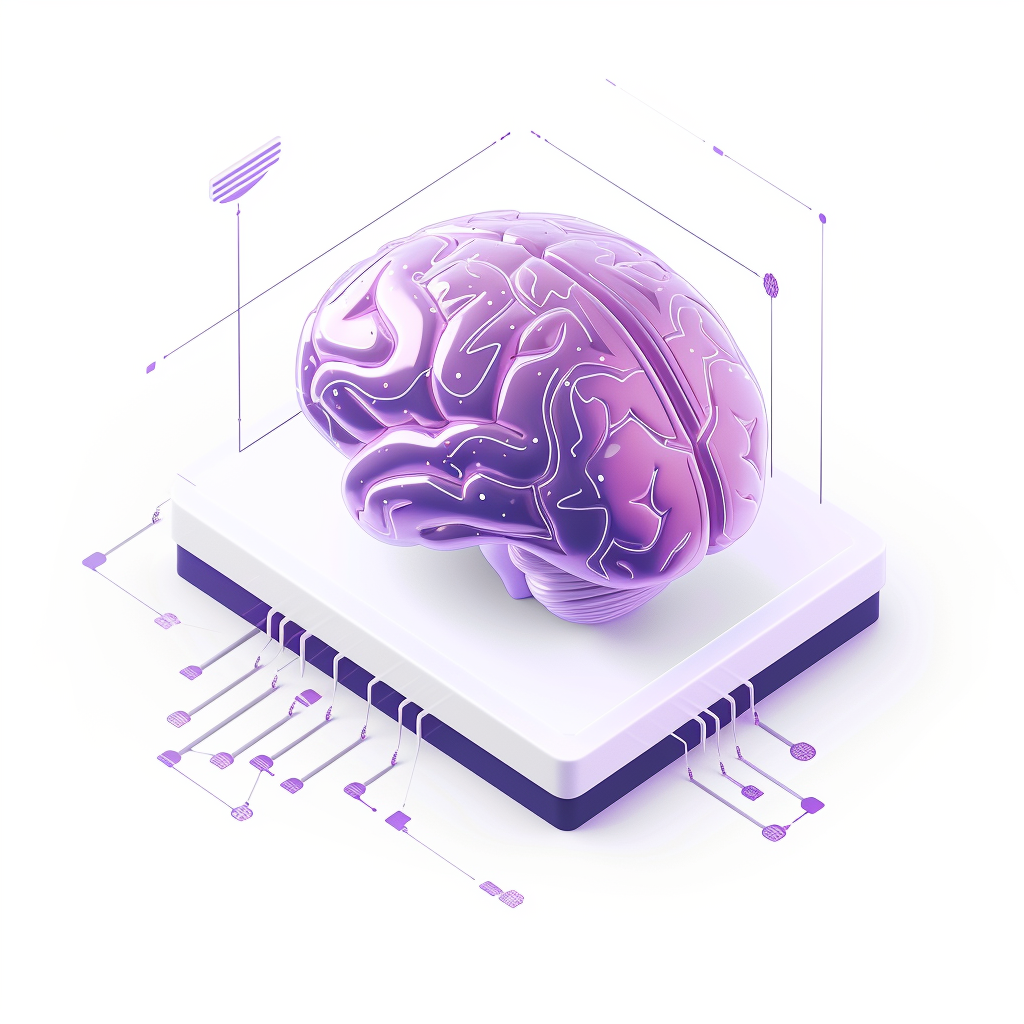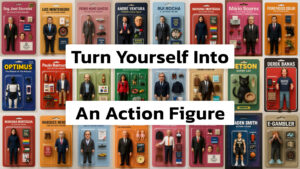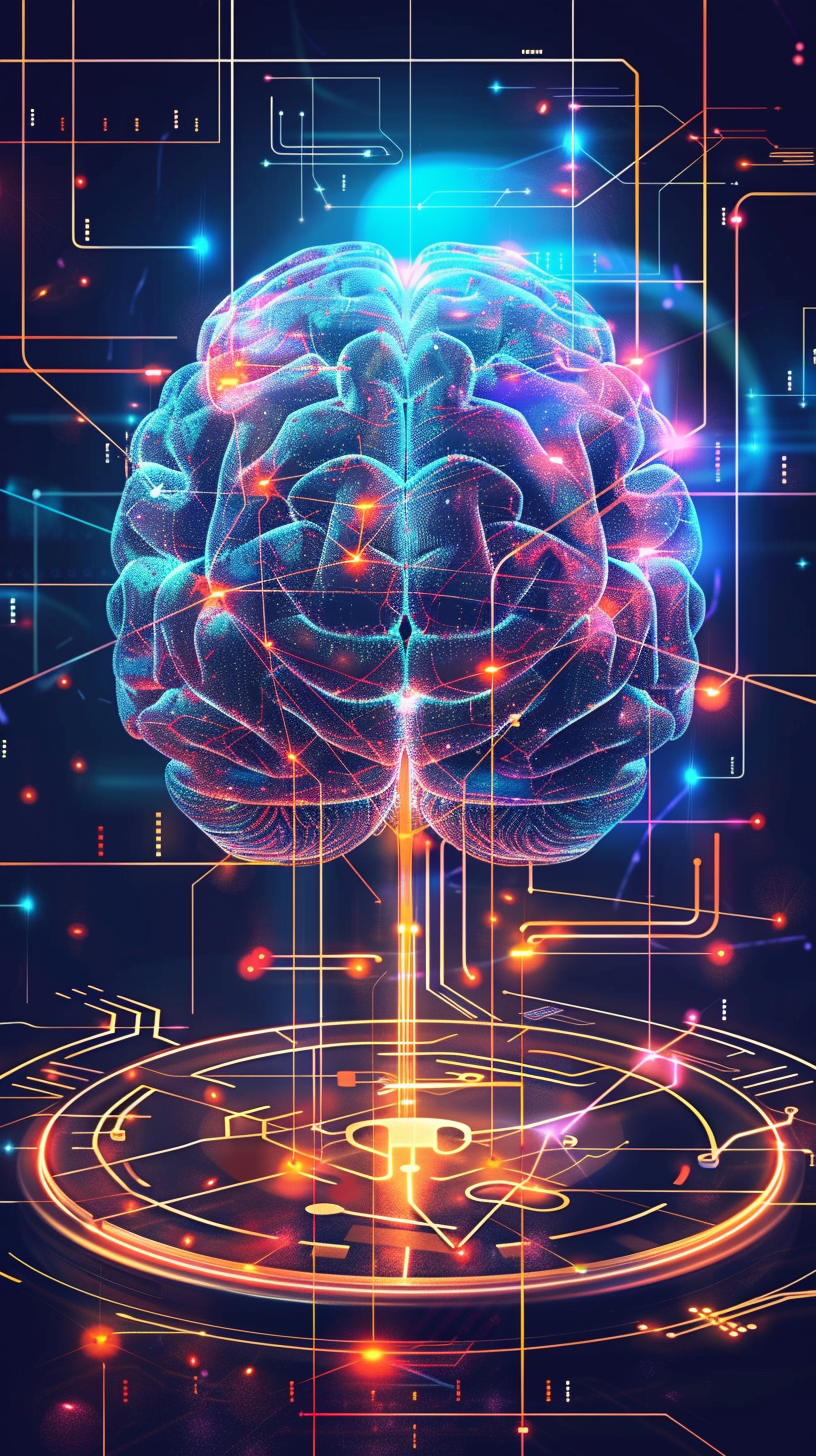In recent years, Bill Gates has gained recognition not only for his monumental contributions to technology through Microsoft but also for his philanthropic endeavors and thoughts on future challenges.
Gates’ latest endeavor, a Netflix docuseries titled “What’s Next, the Future with Bill Gates,” delves into pressing global issues such as inequality, wealth distribution, and the role of artificial intelligence. The series brings together a prominent cast, including Bernie Sanders and Mitt Romney, to explore these pivotal themes.
Promise and Peril of AI
Artificial intelligence is at the forefront of technological evolution, with significant implications across sectors such as healthcare, education, and business. Bill Gates has expressed optimism about AI’s potential, but with cautious consideration of its broader impacts.
According to a recent study by the International Monetary Fund (IMF), up to 40% of jobs worldwide could be affected by AI, potentially displacing millions of workers. However, Gates believes that, similar to the agricultural revolution in the 1900s, AI will create new job opportunities and improve efficiency.
He predicts that AI will dramatically change how individuals interact with everyday tasks, making them more accessible and efficient. Gates also envisions a future where AI personal agents could revolutionize how we navigate online resources, eliminating the need for search engines, e-commerce platforms, and productivity tools as we know them.
In the healthcare sector, Gates sees AI accelerating drug development and improving diagnostics, particularly for complex diseases like Alzheimer’s, where AI could help speed up the discovery of new treatments. He anticipates human trials for AI-driven drug innovations within the next decade.
AI’s impact on both white-collar and blue-collar jobs is inevitable. Gates highlights its ability to serve as a “white-collar assistant,” aiding in tasks like paperwork, technical support, and even coding. The rise of generative AI models, such as OpenAI’s GPT-4, has already shown how transformative AI can be, acting as tutors, health advisors, and coding assistants.
Role of Government and Society
The societal and governmental role in shaping AI’s development is crucial to ensure its benefits are distributed equitably. Gates emphasizes that robust policy frameworks are essential to address economic displacement and promote social welfare.
He advocates for visionary policies such as shorter workweeks, retraining programs, and universal access to educationand healthcare—ensuring that AI improves the quality of life for everyone. However, without proper regulation, AI could deepen existing inequalities, as highlighted by the IMF’s report.
The disparity between rich and poor countries in terms of access to AI-driven advancements remains a significant concern, particularly in healthcare and education.
Governments must collaborate with private companies and individuals to develop regulatory structures that manage AI’s economic and ethical impacts. Gates suggests that AI-driven advancements in medicine and education could help bridge the global gap, especially in poorer regions like Africa, where the shortage of teachers and doctors is more acute.
He remains optimistic that if governments act quickly to establish forward-thinking policies, AI can be a force for good, helping create new job sectors and enhancing societal well-being.
The Wealth Debate
The docuseries sets the stage for a heartfelt discussion about wealth—a subject Gates knows intimately. Through conversations with leaders like Bernie Sanders, who often criticizes the existence of billionaires, Gates presents his perspective on wealth distribution.
"Money has no utility to me beyond a certain point. Its utility is entirely in building an organization and getting the resources out to the poorest in the world," says Bill Gates https://t.co/9uLemdaieQ #ForbesBillionaires pic.twitter.com/9ergFwxHEA
— Forbes (@Forbes) April 10, 2021
He argues for a more progressive tax system, believing it can reduce economic disparities while supporting societal growth. A key part of this dialogue is his involvement with The Giving Pledge, where Gates commits to donating over 95% of his wealth to charitable causes.
In a lighter segment with Stephen Colbert, Gates shares insights into the perks and responsibilities of being a billionaire. Colbert humorously touches on the material comforts that wealth can bring, but Gates shifts the focus to how financial stability enables significant philanthropic work.
Having “no worries” translates into the freedom to support causes that resonate deeply with one’s values. Gates uses his resources to actively participate in solving global problems, underlining the potential positive impact that significant wealth can facilitate when placed in the right hands.
Conclusion
Bill Gates’ vision for the future encompasses a complex interplay of wealth, technology, and societal responsibility. His docuseries highlights the need for continuous dialogue and thoughtful action to balance progress with ethical considerations.
As we navigate rapid technological changes, Gates’ reflections offer a roadmap to keep both opportunities and potential pitfalls in view, reminding us of the need to steer with compassion, integrity, and a focus on inclusive growth.
For those interested in exploring these themes further, resources such as The Giving Pledge, insights from the docuseries, and key AI research publications can offer deeper understanding and encourage ongoing conversations.
By engaging with these materials, readers can equip themselves with the knowledge to actively participate in shaping the future—a future envisioned not just by technological prowess but also by the strength of human empathy and cooperation.







